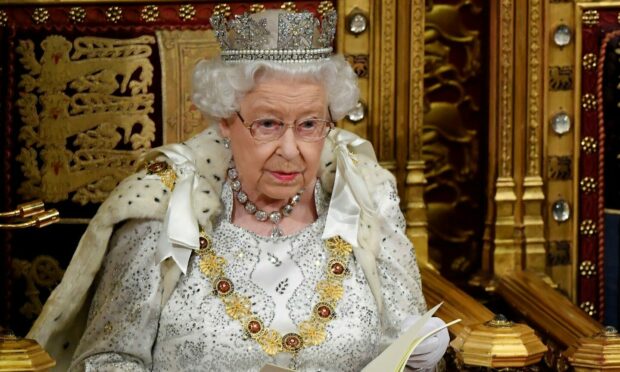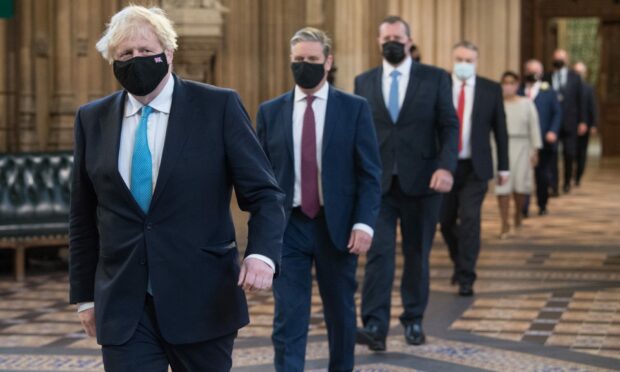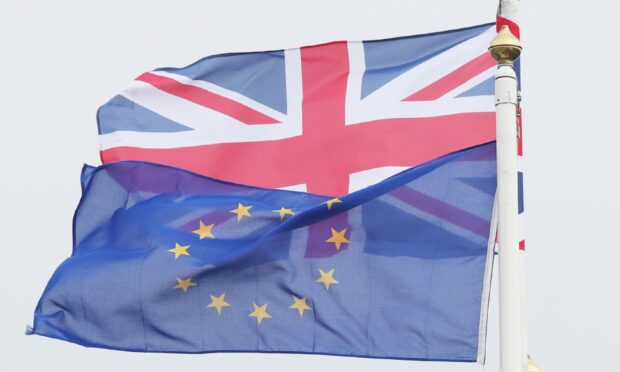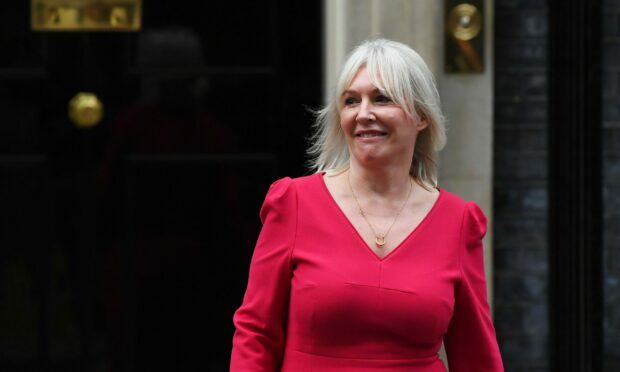The Government will set out its plans for new laws in a speech delivered on behalf of the Queen to MPs and peers this week.
On Tuesday, the Prince Charles is stepping in to read the agenda-setting speech as part of the formal state opening of Parliament.
The 96-year-old head of state has mobility problems and has had to cancel a number of recent public appearances.
The new legislative agenda is expected to include several flagship pledges designed to appeal to the Tory right.
Here we take a look at what bills could be included and what has been left out:
What is the Queen’s speech?
The Queen’s Speech is the agenda-setting speech that the monarch normally reads out in the Lords chamber on the State Opening of Parliament.
It will outline the government’s proposed policies and legislation for the coming parliamentary session.
The Queen has confirmed she will not be carrying out the duty.
The Prince of Wales will step in.
It will be the first time since 1963 she has missed the constitutional ceremony.
What new laws are expected?
The Queen’s Speech is expected to outline around 30 bills, including the so-called ‘super seven’ which the government says will highlight the benefits of Brexit.
Many of the bills included within the Queen’s Speech relate to England only, but some key bills impact the whole of the UK, including:
‘Brexit freedoms bill’
Boris Johnson has promised the so-called “Brexit freedoms bill”, which is intended to make it easier to remove EU regulations retained after Britain’s departure from the EU.
The prime minister is planning to deliver a “super seven” of wide-ranging Brexit bills which will cut red tape and “unnecessary barriers inherited from the EU”.
This will include bills on:
- Data reform: Changes to the UK’s obligations under GDPR, the EU’s data protection law.
- Financial services: Reforms to the City which ministers hope will attract financial firms to the UK.
- Procurement: Laws to allow central and local government bodies to prioritise smaller and UK-based companies for public contracts.
Broadcasting bill
This is expected to implement the proposed privatisation of Channel 4.
Culture Secretary Nadine Dorries announced the controversial plans to sell off the broadcaster after 40 years in public ownership.
The Conservative minister said public ownership was “holding Channel 4 back from competing against streaming giants like Netflix and Amazon”.
But others have argued the sell-off will undermine the prime minister’s promise to level up the country.
This is because the broadcaster was established during Margaret Thatcher’s leadership to encourage the growth of small production companies outside London and the south-east.
The bill will also give regulator Ofcom more power to regulate streaming services.
British Bill of Rights
Another long-promised bill expected to come forward is the Bill of Rights.
Dominic Raab, the justice secretary, has indicated the government wants to replace the Human Rights Act with a British Bill of Rights.
He told LBC that a new Bill of Rights would result in “less shifting of the goalposts, less elastic interpretations of human rights”, adding that people find the current law “frustrating in the context of deporting foreign national offenders”.
What has been left out?
The SNP called on Westminster to give Scotland an emergency budget to help the Scottish Government deal with the cost of living crisis.
The party’s shadow chancellor Alison Thewliss MP says the Tories have so far done nothing to support those hardest hit by the spiralling cost of living.
She wants to see the government pledge extra emergency funding for Scotland in the Queen’s speech on Tuesday.
An employment bill aimed at the right to flexible work is also reported to have been dropped, according to the Financial Times.
There has been growing pressure for the government to introduce a windfall tax on the profits of oil and gas firm to help struggling households deal with the cost of living crisis.
But Mr Johnson has ruled this out despite BP posting bumper profits last week.
He told Good Morning Britain that would “discourage them from making the investments that we want to see that will, in the end, keep energy prices lower for everybody.”
How can I watch live?
Coverage will begin on BBC News at 10.30am and run until 12.15pm.
The Queen’s Speech will then be broadcast again on BBC One at 2.20pm for 10 minutes.



